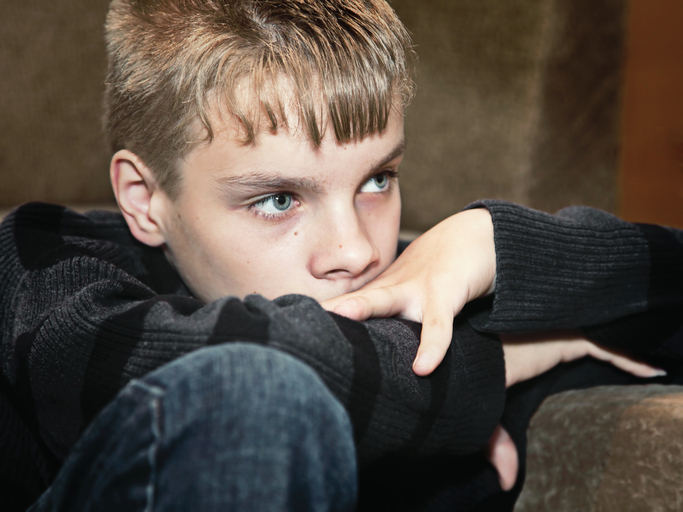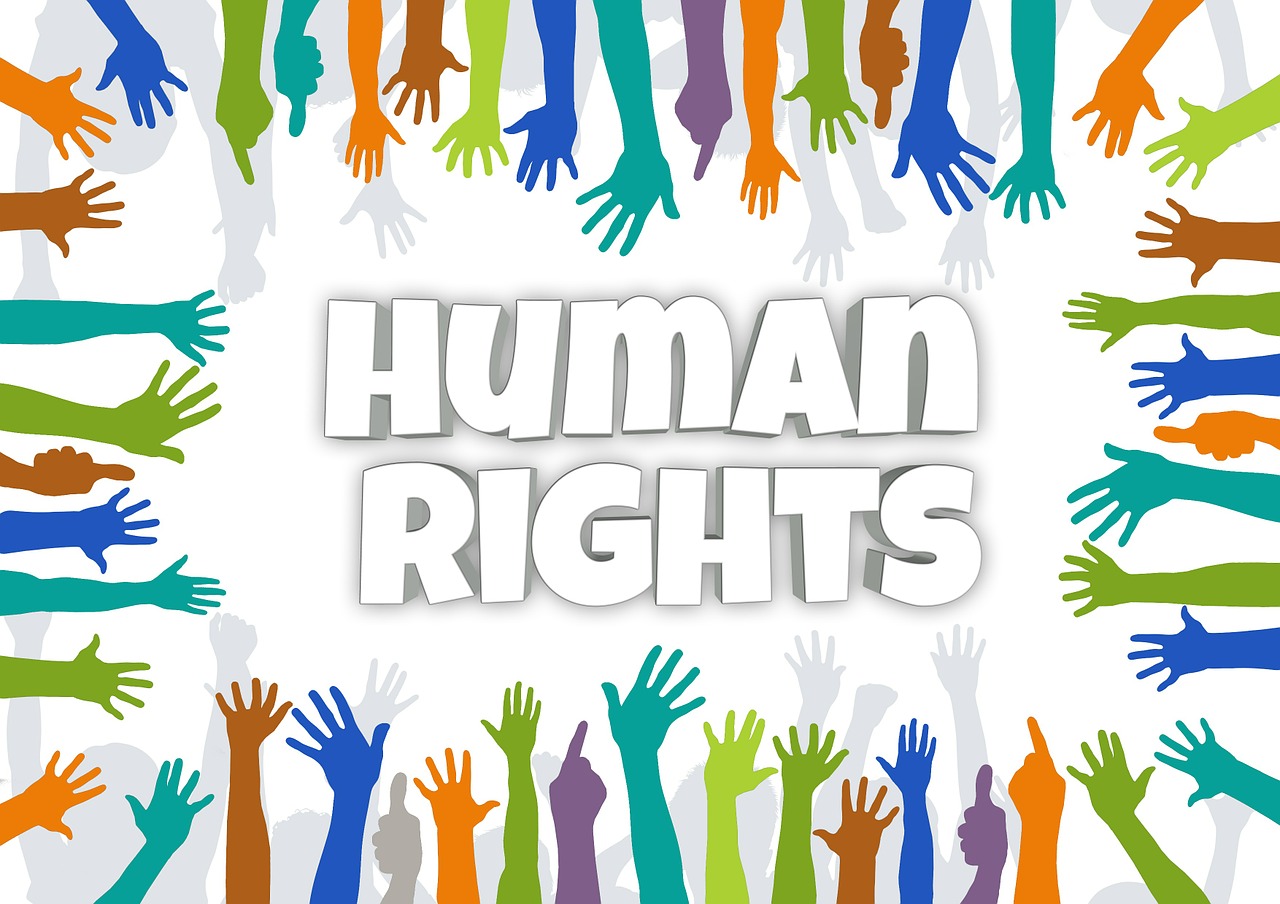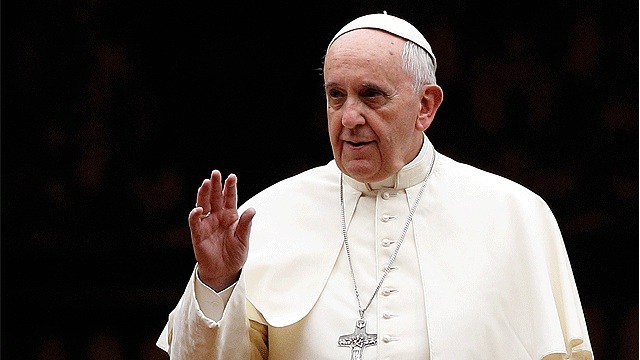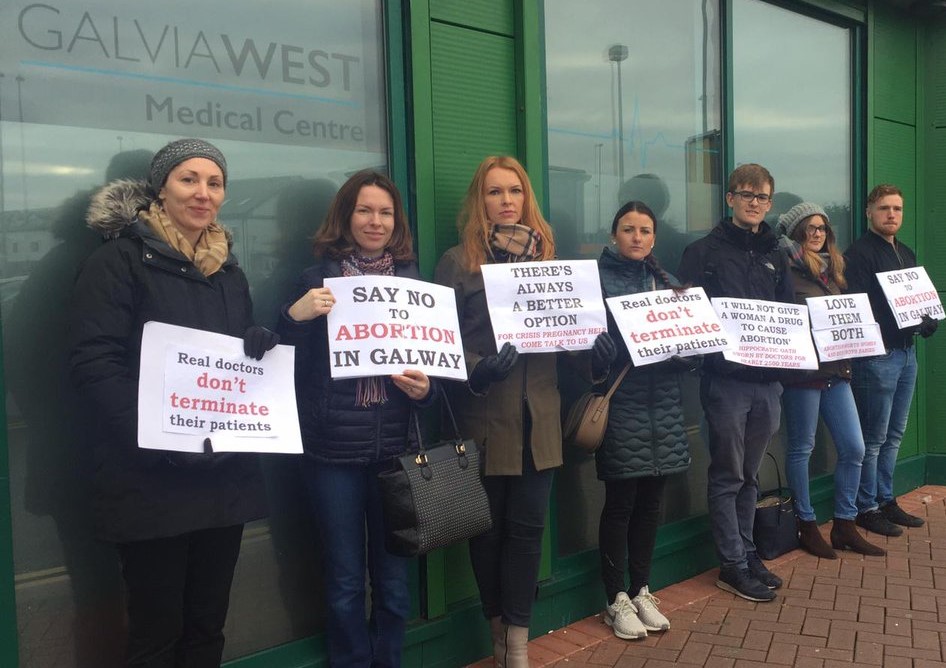A decision to delay the abortion of a seriously disabled child has been described in the Dáil as a deprivation of a woman’s constitutional rights to have an abortion “at a time she chooses”.
Solidarity TD Ruth Coppinger raised the case of a 15 weeks pregnant woman whose unborn child, she said, has been diagnosed with a condition likely to result in the child’s early death.
The new law allows abortions up to birth in such circumstances, but Ms Coppinger alleged that the woman was told by doctors at the Coombe hospital to wait four weeks to see if a natural miscarriage would occur. A miscarriage is generally considered medically better for the woman’s health than a surgical intervention.
Calling the situation of the woman a “test case”, Ms Coppinger condemned the delay and said the hospital was “refusing her constitutional right that we all voted for to have an abortion at a time she chooses.”
She also alleged that the board of the Coombe overruled the two consultants who had certified the abortion, and further claimed that they did so as a result of the chilling effect of the continued criminalisation of abortion in some limited circumstances.
The former chair of the Oireachtas abortion committee, Fine Gael Senator, Catherine Noone, called the situation “completely & utterly unacceptable.” She added that the board of the Coombe “should be called into the Health Committee next week to explain their actions.”
The Hospital released a statement later in the day denying that the board had any input into whether an abortion was certified or not.
Brid Smith TD also spoke in the Dail and actually named the woman and the town where she is from. In an interview with the Irish Times later in the day, the woman in question said she did not want her name used “because of the potential backlash, not against just me but my family and my employer”.




















